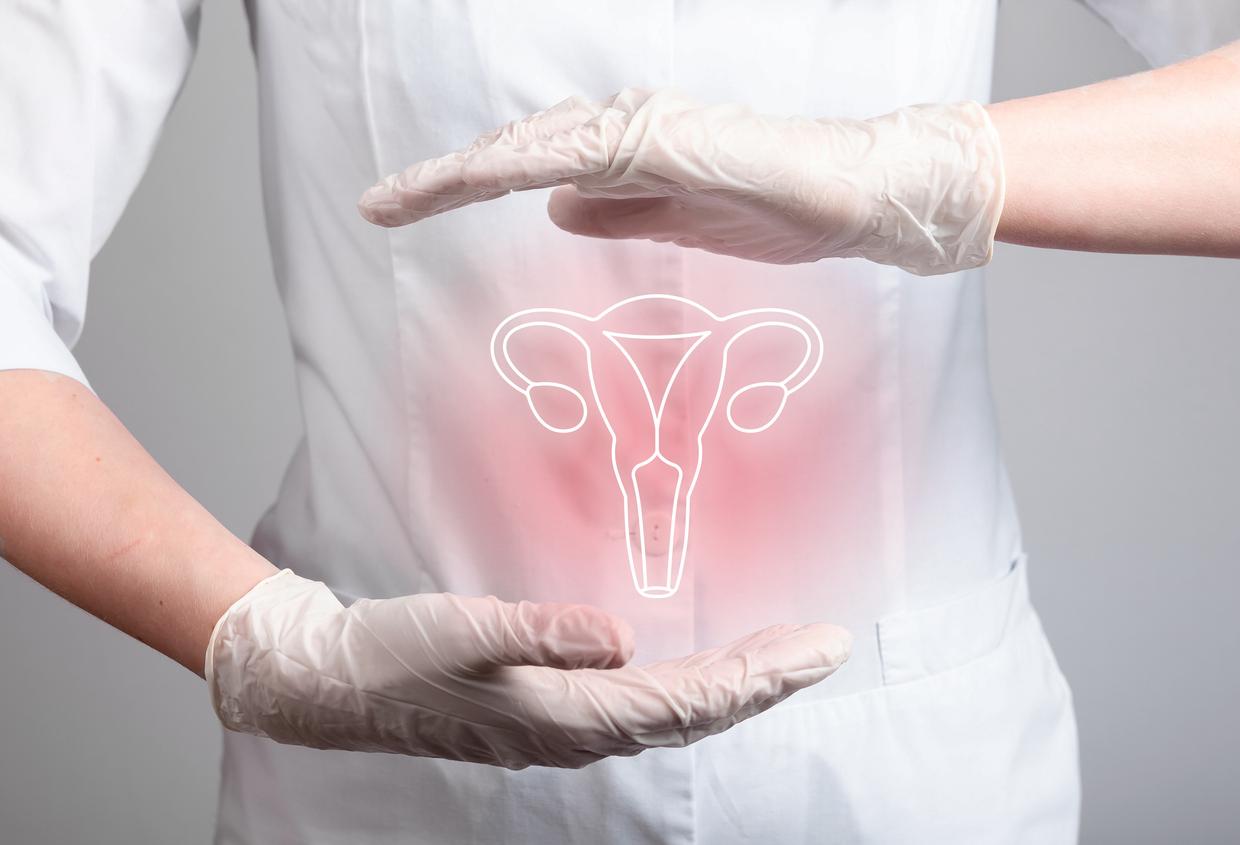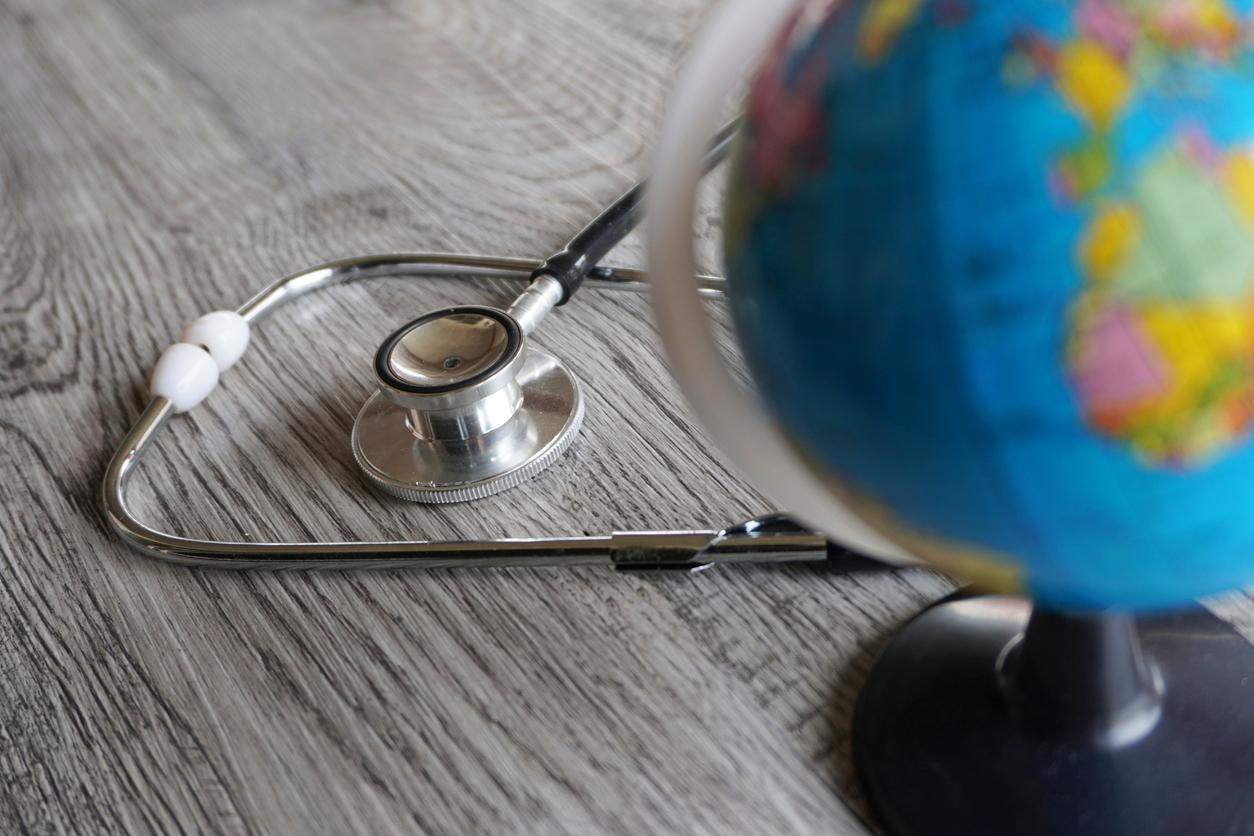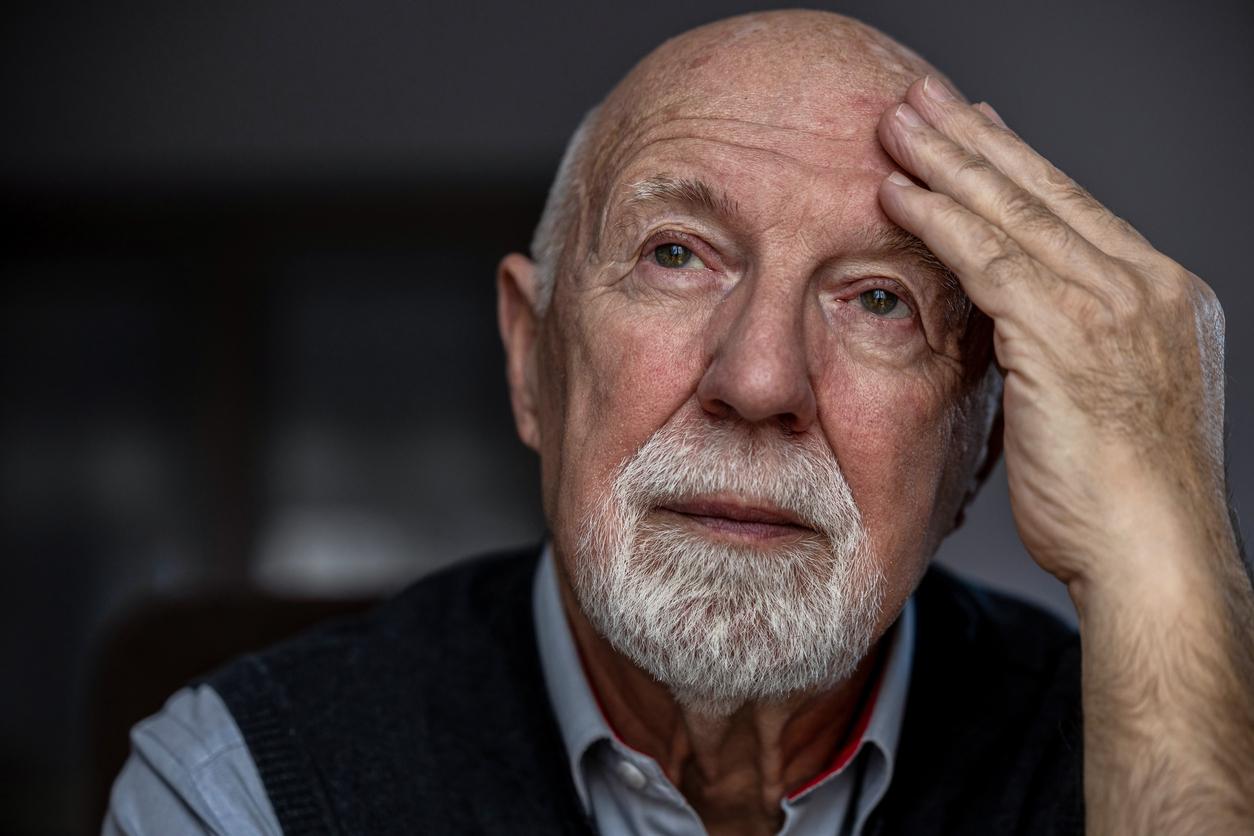April 25, 2003 – Severe Acute Respiratory Syndrome (SARS) has so far struck in 25 countries, infecting more than 4,000 people, as the medical community continues to unravel the enigma of this epidemic.
The situation is changing so quickly that it is difficult to know where we are exactly. The slim victories of the day are frequently rendered obsolete by the developments of the next day. Thus, the main suspect so far identified, the coronavirus, would in fact be found in only 40% of the “probable and suspect” cases detected in Canada. What then makes other people sick?
If we do not know which infectious agent is involved, it becomes almost impossible to develop therapy. Canadian and Chinese doctors say they have obtained good results with the drug ribavirin, but their American colleagues have carried out tests which convince them of the ineffectiveness of the substance.
Worse still, the virus would undergo rapid mutations that could allow it to escape a possible vaccine. These mutations would also have given it the ability to infect a new segment of the population, namely young healthy people and no longer mainly the elderly or those with weakened immune systems.
In addition, the virus, which was thought to be fragile, would survive for up to 24 hours outside a human host. And while it was once believed that only prolonged, intimate contact with a sick person could lead to infection, now just being in the same room with an infected person can be dangerous.
The extraordinary measures are multiplying: in a few hospitals, staff members have been infected even though they were wearing a triple layer of gloves and full face masks. In some Asian airports, infrared cameras have been installed to detect feverish travelers, and Health Canada is not ruling out the possibility of doing the same in the country.
Prevention
What to do in the face of so much uncertainty and confusion? PasseportSanté.net asked for the opinion of the collaborators of the PasseportSanté.net clinic.
To minimize the chances of catching the virus, the usual advice remains in place: wash your hands several times a day, adopt a healthy and diversified diet, exercise and minimize contact with people who may be carriers of the disease. Naturopathic doctor Nicole Renaud recommends in particular adding omega 3, 6 and 9 acids (including fish oil) to her diet and a good antioxidant, such as “grape seed extract”.
In the same vein, Ms. Renaud recommends that those who would like to stimulate their immune system quality vitamin C and garlic supplements, in addition to taking probiotics to help the “good” bacteria to defend themselves. against the “bad” ones.
Acupuncture, aromatherapy and homeopathy would also have things to offer to those who wish to strengthen their immune system. In the first case, Alain Mazzetti explains that acupuncture can stimulate the body’s defensive energy (Wei energy), to enable it to defend itself against this “attack by an external perverse energy” (the description that he has the SARS virus). Other Chinese medicine resources, such as herbs and exercises, may also be helpful.
In the case of aromatherapy, Carole Durand explains that good prevention begins with the essential oil of Origanum compactum, in the form of oleocapsules once or twice a day. She claims that the phenols it contains are excellent broad-spectrum anti-infective agents, in addition to boosting the immune system. And in homeopathy, Christian Calvé recommends the combination of the 12 biochemical salts of Schüessler, due to its tonic and remineralizing properties.
If the first symptoms of the disease are already manifesting themselves, Carole Durand suggests a mixture of four oils to be applied to the thorax, arms and back. For his part, Christian Calvé proposes to wait until a first case has arisen in Quebec. When this happens, he recommends taking five influenzium granules once a week, letting the granules melt under the tongue in a clean mouth.
Finally, Doctor Luc Montagnier, co-discoverer of the AIDS virus in 1983, points to the way of life of industrial societies. Air pollution and an artificial diet less rich in vitamins and antioxidants, he told Le Devoir, have provided the virus with an ideal environment in which to spread.
In such a situation, warns Dr. Montagnier, SARS could well be only the first major epidemic of the XXI.e century.
(Note: a more detailed version of our experts’ answers is available in our Your questions section).
Jean-Benoit Legault – PasseportSanté.net
From Le Devoir, CBS News, CNN, BBC News, National Post, Globe and Mail, Reuters, WebMD, Health Canada and Centers for Disease Control; April 2003.















